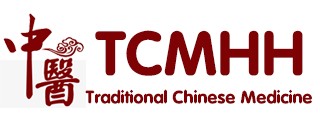NAME
QIUHOU
LOCATION
At the inferior border of the orbit, approximately one-fourth the distance from the lateral to the medial side of the orbit.
Along the inferior border of the orbit, at the junction of the lateral one quarter and medial three-quarters of the infraorbital margin.
NEEDLING
Straight insertion. Ask the patient to look upward, the secure the eyeball in place from below with a finger, and slowly insert the needle in a slightly medial and upward direction toward the optic nerve, 1 to 1.5 cun. Sensation: distention and soreness throughout the eye, and a protruding sensation. Caution: care should be taken not to insert the needle too deeply, to avoid entering the cranial cavity.
Ask the patient to close his/her eyes and look upwards. Insert
the needle, first slight inferiorly, then perpendicularly, between
the eyeball and the inferior wall of the orbit 0.5 to 1 cun.
Caution: 1. The needle should be inserted slowly without lifting,
thrusting or rotating. 2. Immediately, on withdrawal of the needle,
press firmly with a cotton ball for about a minute to prevent hematoma.
3. This needling method should be attempted by those who have appropriate
clinical experience.
COMMAND FUNCTIONS
ACTIONS
Benefits the eyes
INDICATIONS
Myopia
Inflammation of the optic nerve
Atrophy of the optic nerve
Glaucoma
Near-sightedness
Macular degeneration
Retinosa pigmentosa
Opacity of the vitreous body
Convergent squint (esotropia)
Convergent strabismus
Glaucoma
All eye diseases
COMBINATIONS
| UB-1 Jingming GB-20 Fengchi SI-6 Yanglao GB-37 Guangming | ||
| Inflammation of the optic nerve |
CONTRAINDICATIONS
NOTES
This point is a modern addition to the extra points and is used in the treatment of a wide variety of eye diseases.
